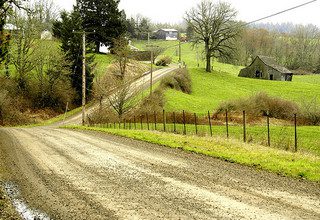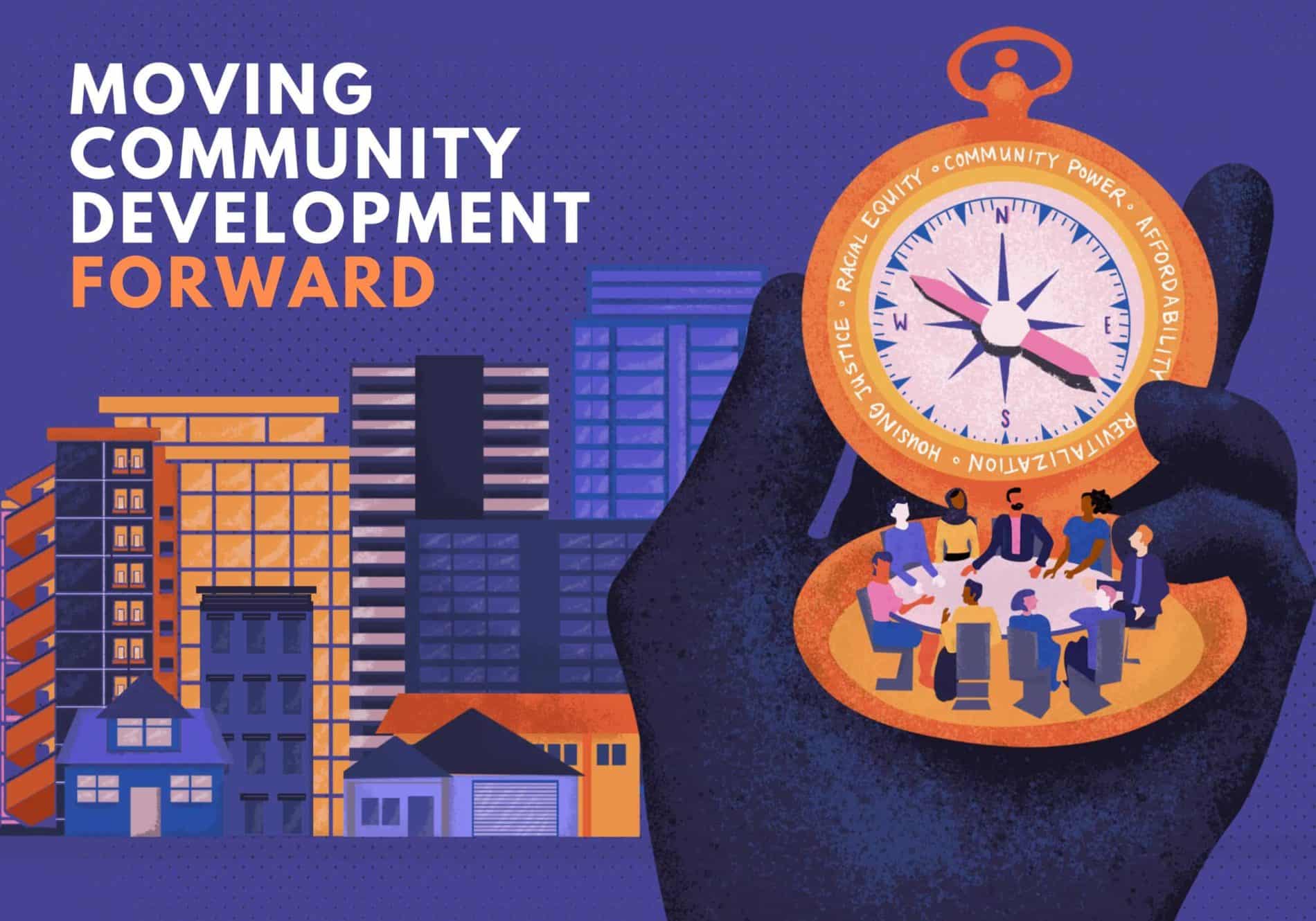
Take Louisa County, where I have lived and worked for the past four years. Someone I know told me when I took a job here that there was nothing in the county but “trailer parks and clear-cuts.” I didn't take it as a jab, but as a straight-up, if overly simplistic, observation of conditions here. Reports about our five-county region consistently show Louisa has the highest poverty rate in the area, at around 12 percent.
But the longer I live here, the more it becomes apparent to me that conditions here are very different from places that really suffer from rural isolation and associated poverty.
Our county seat does struggle to retain businesses, but they've got a heck of a lot more going on than a lot of small towns—there's a place to buy clothes, an independent pharmacy, two bakeries, and other things a lot of towns would kill to have. The county does have significant poverty, but it also has a very good high school graduation rate, and three community colleges within reasonable driving distance.
Why does our county have a number of things going for it, while in so many rural places there seems to be a profound absence of opportunity? The author of a recent piece in the Daily Yonder touches on the answer.
Zachary Michael Jack writes:
As recently as a generation ago America acknowledged the importance of offering its citizens, regardless of where they hung their hat, something close to geographic parity when it came to the essentials in life—clean air, decent water, passable schools, access to basic health care and a higher education—as part of the democratic ideal. No more. Now, indifferent or just plain ignorant urbanites seem to regard rural living as a self-inflicted health hazard or risk factor…something like smoking or drinking or drug-addiction…a dangerous lifestyle choice accompanied by grave “consequences.” One day soon the well-preserved city slicker attending the wake of his country cousin will pause before his kinfolk’s open casket and offer this dry-eyed if not sober lament: “If only the poor soul would have moved.”
We are really not so much a rural county as a place on the “rural fringe.” Washington, D.C. is barely two hours' drive away. Richmond, the state capital, is just an hour. Charlottesville, a big college town, is reachable in 35 minutes.
Proximity to these cities is especially relevant because of the wealth that is concentrated there. The Northern Virginia suburbs outside of Washington contain some of the highest median incomes in the country. Charlottesville is ringed by vineyards, horse farms and other signs of disposable income, while the center of town is home to thousands of well-heeled graduates of the University of Virginia.
Poverty can and does exist side by side with extravagance, but what our location tells us is that we are one step outside of the exurbs. That means poor people here have the opportunity to commute to good health care, well-paying jobs and a variety of educational opportunities. It would be better if the jobs were closer to home, so people wouldn't have to spend so much of their limited income on gas. But compare our situation to that of counties further removed from the metro, and ours starts to look like a pretty decent place to be.
(Photo by swainboat CC BY NC SA)





Comments